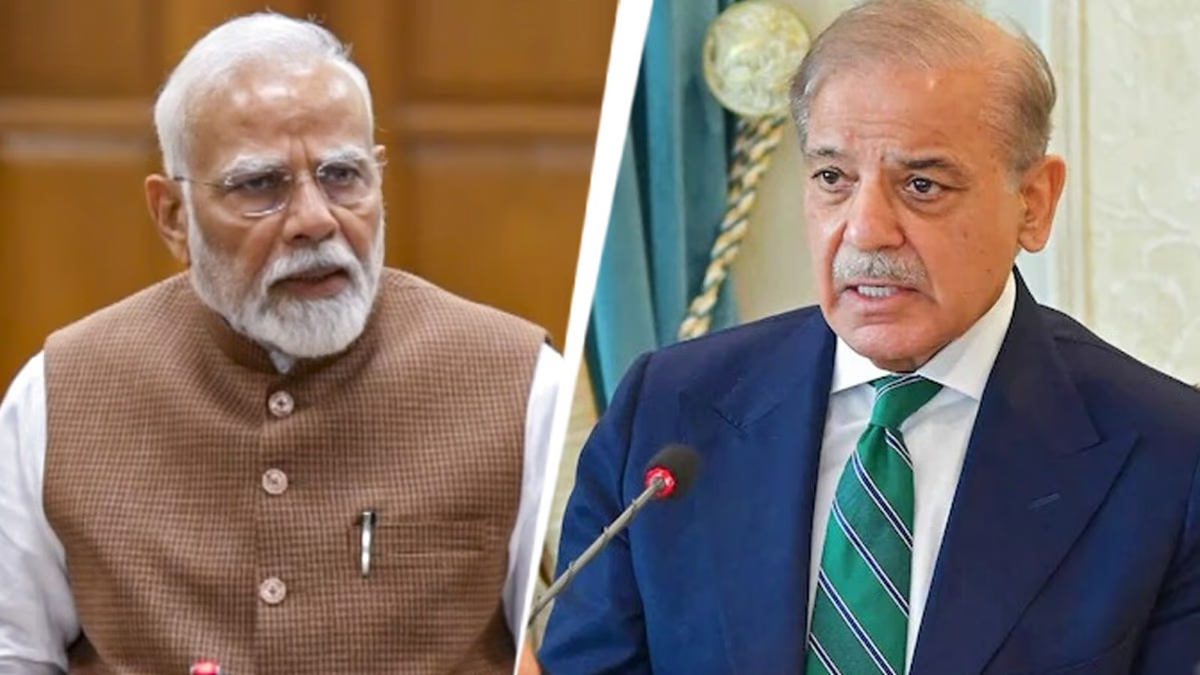The phone call between India's Foreign Minister Dr. S. Jaishankar and Afghanistan's Foreign Minister Amir Muttaqi on May 15 stirred Pakistan much like India's strikes during Operation Sindhur. The political dialogue between India and Afghanistan has further troubled Pakistan, which is affected by India's decision to freeze the Indus Water Treaty after the Pahalgam terrorist attack. This project might exacerbate water scarcity in Pakistan.
According to sources, Jaishankar and Muttaqi agreed to advance development projects in Afghanistan supported by India, including the Shahtoot Dam project on Kabul River. This agreement was initially made in February 2021 but stalled after the regime change in Kabul. The recent visit by an Indian diplomatic team to Kabul has reignited momentum for this project.
Indeed, this project on the Kabul River will provide clean drinking water to about 2 million residents of Kabul, Afghanistan's capital. India will back the Shahtoot Dam project with $236 million in financial and technical support. Scheduled for completion in three years, this project will irrigate 4,000 hectares of Afghan land.
Shahtoot Dam Project Heightens Challenges for Pakistan
The problem for Pakistan lies in the geographical path of the Kabul River. The river ascends from the Hindu Kush mountains and makes its way into Pakistan's Khyber Pakhtunkhwa province. Once operational, this dam will present a serious challenge to Pakistan’s water demands for the Khyber Pakhtunkhwa region. The Kabul River is part of the Indus Basin, crucial for Pakistan. Pakistan's concerns are intensified by a lack of formal water agreement with Afghanistan, leaving Afghanistan uninhibited by any binding treaty.
Pakistan Faces Diplomatic Isolation
Recent signals of increased speed on the Shahtoot Dam project emerged after the Kabul visit of Anand Prakash, Joint Secretary of Pakistan Desk in India's Ministry of External Affairs. The visit occurred on April 29, post the Pahalgam terrorist attack of April 22. The Taliban administration condemned the Pahalgam attack and showed willingness to align with India's strategic interests, leaving Pakistan further diplomatically isolated.
Potential Clashes Between Afghanistan and Pakistan?
Pakistan's worries intensify with the Taliban's announcement of a large hydropower project on the Kunar River. Like the Kabul River, the 480 km Kunar River rises from the Hindu Kush and enters Pakistan before merging with the Kabul. These rivers form crucial components of the Indus Basin. The project is part of Taliban's ambitious plans to bolster Afghanistan's infrastructure but could heighten tensions over dam construction and water distribution between Afghanistan and Pakistan.
Critical Water Resources for Pakistan
Afghanistan and Pakistan share nine river basins vital for Pakistan's water security. Apart from Kabul, Kunar, and Indus Rivers, the basins include the Gomal River flowing from Afghanistan to South Waziristan in Pakistan, and the Kurram River entering Pakistan's Kurram Agency. Additional basins such as Pishin-Lora, Kandahar-Kand, Khadnai, Abdul Wahab stream, and the Keser River merge into the Indus Basin in Balochistan. These shared rivers form the foundation of Pakistan’s water supply, placing its agriculture and water availability at risk due to the dams on Kabul and Kunar Rivers.
Strategic Moves Against Pakistan
Tensions between Pakistan and Afghanistan over Tehrik-e-Taliban Pakistan (TTP) have endured for years. Pakistan accuses the Afghan Taliban regime of harboring and aiding TTP, notorious for its rebellious acts against Islamabad. To exert pressure on the Taliban, Pakistan adapted a policy of repatriating Afghan refugees, shuttered several key border checkpoints, and halted Afghan goods at trade checkpoints in recent months. These actions have only deepened the divide between the two nations.
India's Strategic Alignment with Afghanistan: A Masterstroke
An informed perspective suggests that India's suspension of the Indus Water Treaty, its endorsement of the Shahtoot Dam, and its implicit support for Afghanistan's Kunar River project are all part of India’s strategic vision. Experts regard India's collaboration on Afghanistan's river projects as a masterstroke that could leverage Pakistan’s water dependency, potentially creating a new geopolitical front of challenges for Pakistan in South Asia.




